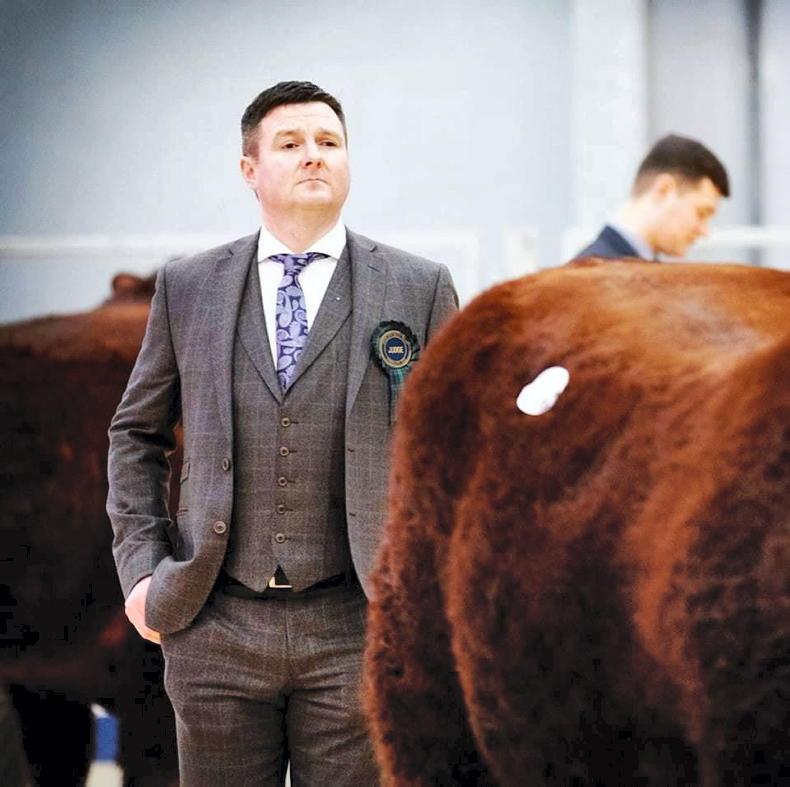DEAR EDITOR: The members of the Pedigree Breeders Council have lost all faith that the ICBF stakeholders forum will deliver any meaningful change. We are calling for a fully independent technical review into the accuracy and the impact of the ICBF star ratings on the national herd.
The forum was proposed by ICBF as the mechanism to review the impact of the changes introduced by ICBF 12 months ago. The only correction to date is that cows that are extremely light (under 480kg) now receive no additional economic benefit in the replacement index. The impact of the changes was so severe that the Minister for Agriculture, Food and the Marine, as an emergency measure, had to loosen the rules of the SCEP scheme to alleviate dissatisfaction amongst farmers. Many herds that had high replacement animals prior to November 2023 saw their figures plummet dramatically after they had joined the SCEP scheme.
The minister’s concession stopped the scheme from collapsing, but did nothing to alleviate the impact on many pedigree breeders who can no longer breed animals suitable for the scheme.
The biggest change in the index last year was that the cost of keeping a cow increased by 30% and it now transpires that this cost is only an estimate. It has recently emerged that farmer-recorded cow weights (90% of cow weights recorded) are being stored by ICBF and are not being used in the model. Only ICBF technician-recorded data (10% of cow weights) is included.
It has been noted that the average daughter liveweight of the top 10 bulls on the replacement active bull list sits at just over 550kg. That cow might suit Brussels bureaucrats’ notions of environmental ideology, but she certainly will not breed weanlings or factory cattle that will pull down the scales and put money in farmers’ pockets in rural Ireland.
Our major concern is that our breeders are facing into a second spring of uncertainty and the forum appears to be designed to wear us down.
ICBF and Teagasc have acknowledged that communication to farmers about the impact the November 2023 changes would have on their herds has been poor. Nothing has been done, at an industry level, to fill this information gap to the wider farming community.
It is incredible that over €500m has been spent on these schemes, without ever independently verifying their impact on the national herd or the environment.






 This is a subscriber-only article
This is a subscriber-only article










SHARING OPTIONS: